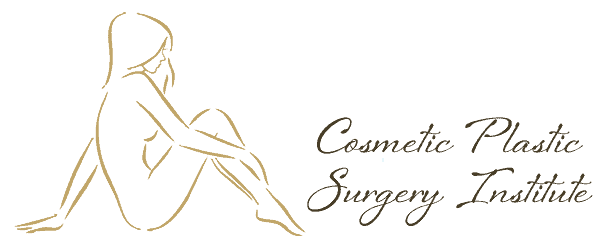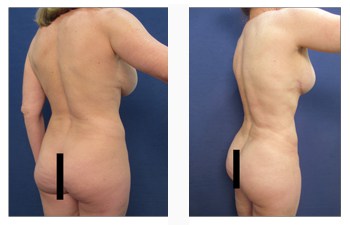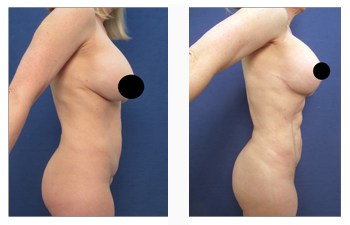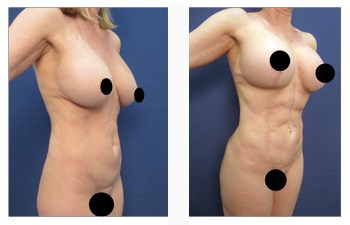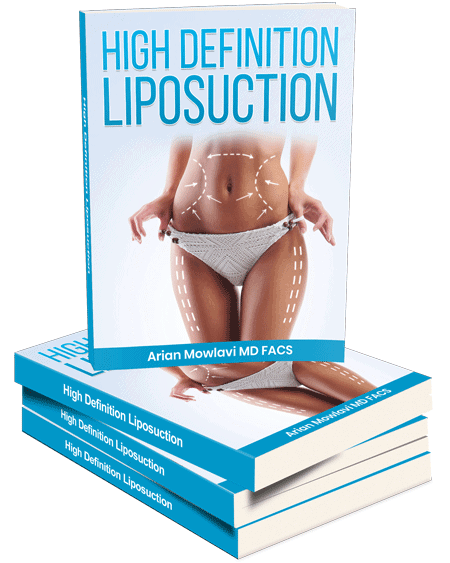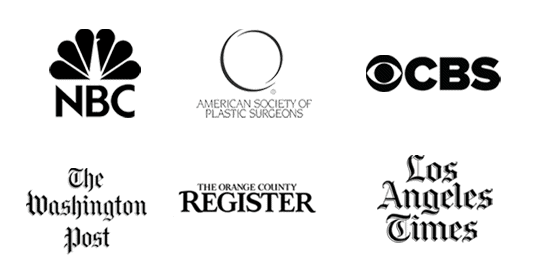Please see this 53 years old female following a breast lift with implants revision.
Breast lift with implants revision is very common following primary breast augmentation. There are multiple reasons why breast lifts with implants revision may be recommended following primary breast augmentation and these include nipple position asymmetry, breast mound shape and size asymmetry, use of overly large breast implant that resulted in nipple and areola being malpositioned over the inferior breast mound, and bottoming out.
If your nipple and areola are asymmetrically positioned, a breast augmentation with an implant alone is not able to correct the nipple position. Instead, a breast lift should have been recommended with your primary breast augmentation. Regardless implants revision can be considered to create symmetric breast mounds with improved breast size and ideal and symmetric nipple positions. If your breast mounds are asymmetric in shape and size, a breast lift with implants revision will help to not only provide you a lift but also correct any breast shape asymmetry or deformity.
Instances the Needed Breast Lift with Implants Revision Surgery
The more common causes of needing a revision following primary breast augmentation follow when the breast implants are chosen are too large for the nipple position. Ideally, the nipples should be positioned at the center of your new breast mounds. If the nipples are low then a large implant will result in nipples not being positioned at the center of your implants.
Breast lift with implants revision can be used to redo your breasts so that your nipples will be centered on your breast mounds. The final reason for implants revision results if there is bottoming out of your breast implants. This complication occurs if the inframammary crease is violated and not re-established. The inframammary crease is a supportive structure that implants sit on. If the inframammary crease is inadvertently released or if your surgeon does not reinforce this crease, your lower breast mound pole can stretch out resulting in bottoming out.
Patients with bottoming out will usually complain that they have lost upper pole fullness or that their implants are starting to point upward. The correction for bottoming out requires a reduction of the lower breast pole that can be achieved with an implants revision surgery.
